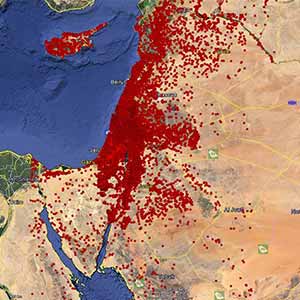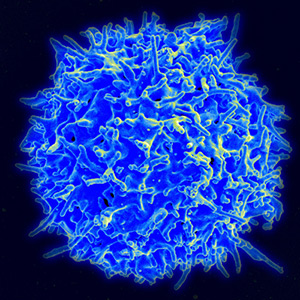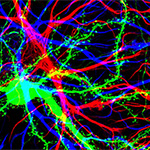New Center for Cyber-Archaeology and Sustainability Partners with Israel Antiques Authority
A new cyber-archaeology research center in the Qualcomm Institute at UC San Diego has received data on 18,500 archaeological sites under a new partnership between the center and the Israel Antiques Authority.














